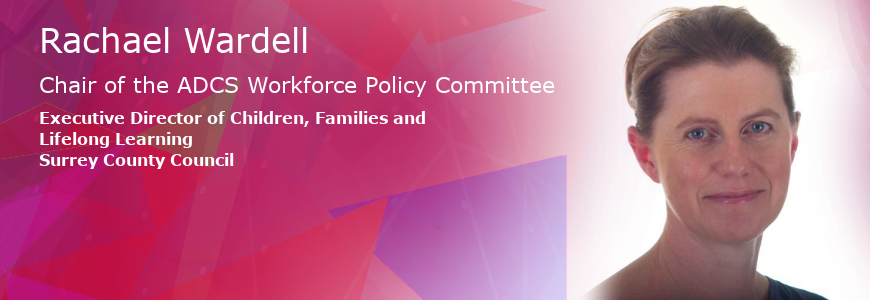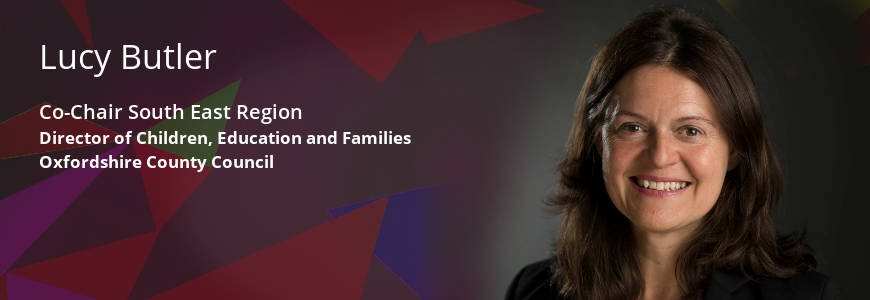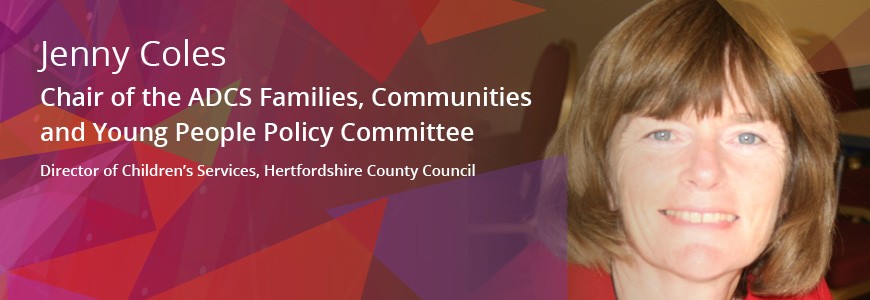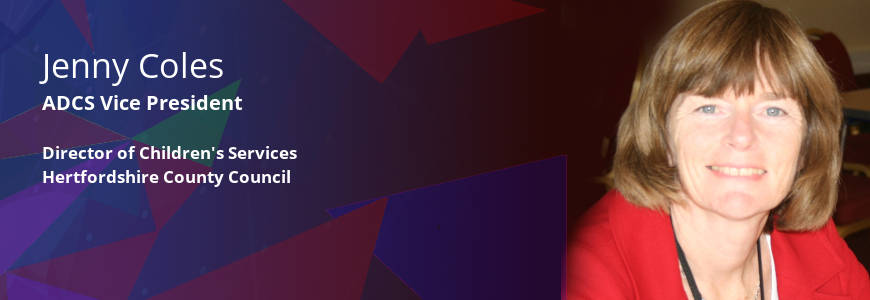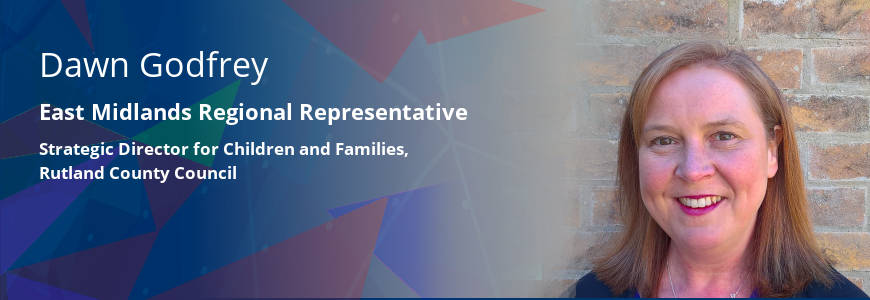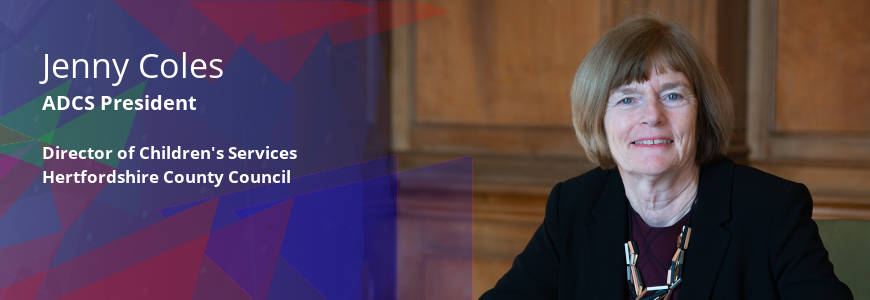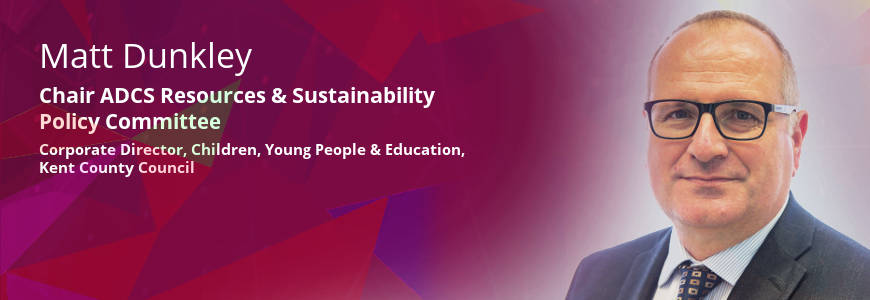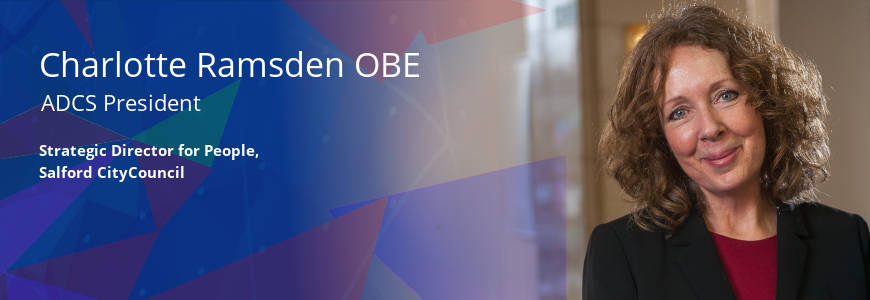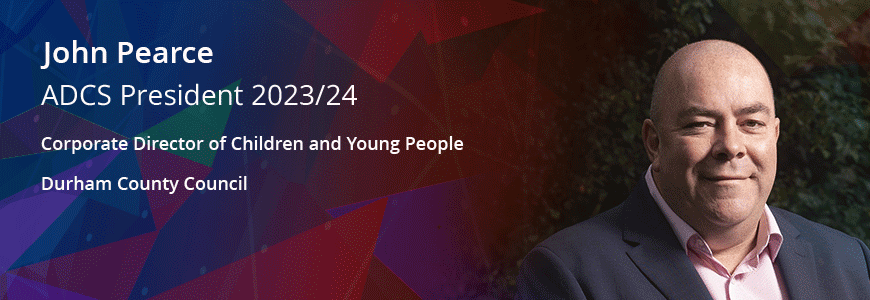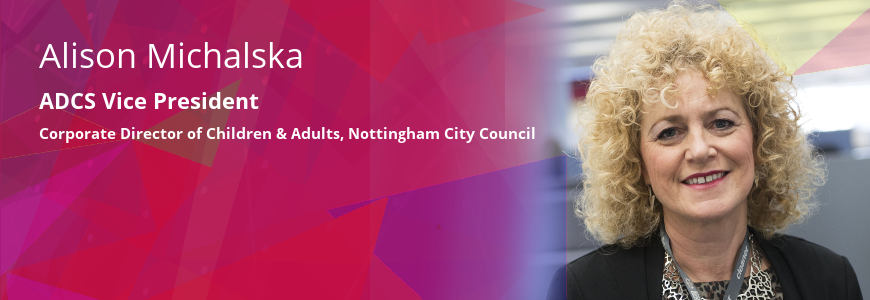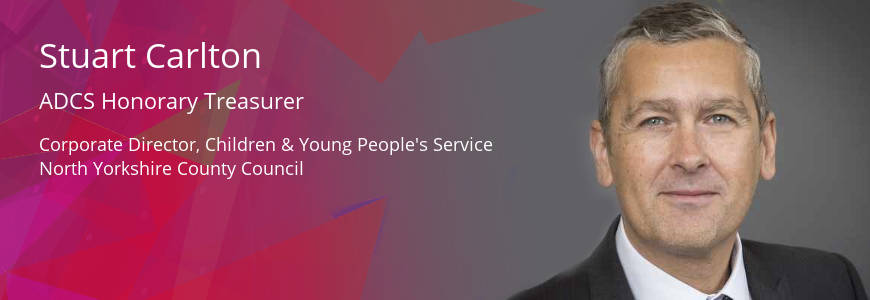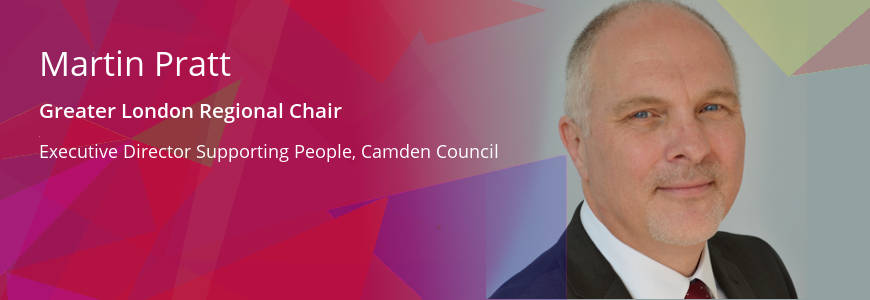The knock on the door no parent wants
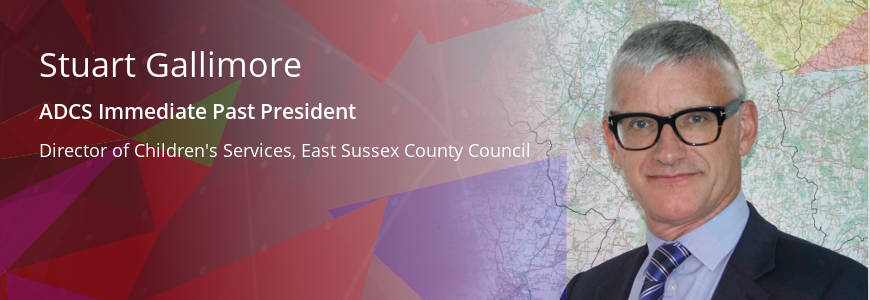
In East Sussex, this year’s Young People’s Big Vote placed ‘a fear of knife crime’ as their number one concern. Despite the thankfully low incident rate in the county, in many ways it is hardly surprising given the regularity with which it appears on the front page of the newspapers or headlines the news on TV. Sadly, time and again both the victim and the perpetrator are young people and increasingly we hear more people saying that they feel the need to carry a knife for their own protection; something that never ends well.
Serious youth violence and knife crime is not a new phenomenon nor is it common. Young people and moral panics stem back to the mods and rockers of the 60s and the ‘seaside bank holiday battles’. Whilst it is the case that the vast majority of children and young people are not engaged in serious violence or knife crime, there has been a recent increase in proven possession offences and a worrying rise in young people treated for assault with a knife or fatally stabbed on our streets. It’s been welcome to see the increased political and press attention on County Lines and knife crime in particular, but this has resulted in a somewhat piecemeal approach being adopted by government. Hardly surprising given the difficulty a whole raft of national issues are having in getting time and space in Parliament when set against the Brexit agenda. That said, we now have a new Prime Minister and a very new looking Cabinet. Even with a new Secretary of State for Education and Home Secretary, the issues that need resolving won’t change and knife crime will be one of them.
It was for that reason and in an attempt to shape and steer the debate, ADCS recently published a discussion paper on this issue which if you haven’t, I would commend you to read. The paper calls for a holistic and integrated approach to tackling serious youth violence which brings the whole children’s system together behind a common narrative that expresses our shared ambitions for children and young people. It’s an approach that puts the strengths of families and their communities at the centre. This would need to go hand in hand with a national commitment to, and investment in, providing help and support at the earliest possible opportunity, meaning high quality youth services and facilities in local communities to reach young people where they live. It is why we believe a ‘public health’ approach, whilst not a quick win or a miracle cure, is the best way forward. As well as focussing on prevention it also encompasses the role that universal, targeted and specialist interventions have to play. It’s an approach that draws in learning from the joined up multi-agency, multi-disciplinary approach which is working locally to prevent and disrupt child exploitation.
More recently, there has been some positive work in trying to tackle radicalisation and extremism and the Troubled Families Programme has demonstrated the value of early help. The lessons learnt from these all point to the importance of an assets-based approach. The challenge is one of system leadership which has sat at the heart of the statutory role of the director for children’s services for the last 15 years. It is our job to champion and advocate for all children and in that guise we would invite key representatives from all relevant government departments, public agencies and the voluntary sector to sit down with us and progress this issue. It deserves all of our collective efforts if we are to prevent another parent receiving the knock on the door to say their child won’t be returning home.
Related Blog Articles
On Monday, 18 March, it was Child Exploitation Awareness Day. Across social...
In Safeguarding & Child Protection
On 22 May I joined many other people in watching a Panorama programme exposing...
In General
Peter Clarke, HM Chief Inspector of Prisons, recently presented a shocking...
In Youth Justice & Secure Estate
A few weeks ago in Hertfordshire, we were really pleased to be one of the areas...
In Early Help & Families
There were two social workers, a nurse, and a magistrate sitting in a bar…....
In Leadership
Like the Tokyo Olympics, Wimbledon and Glastonbury, the pandemic delayed another...
In Safeguarding & Child Protection
This blog was first due a couple of weeks ago, but the small matter of an ILACs...
In
Highlighting the impact of neglect on young people is clearly presented in...
In Safeguarding & Child Protection
“Stay at Home. Protect the NHS. Save Lives.” It couldn’t be simpler, could...
In General
In July the Children's Commissioner launched a report about vulnerable children...
In Safeguarding & Child Protection
As I write this I am reflecting on the life of a wonderful friend and colleague...
In General
This week, students up and down the country have been returning to school, or...
In Education
December is particularly difficult as our winter pressures really start to bite;...
In Safeguarding & Child Protection
This needs to be the starting point of everything we do in children’s...
In Care
I’m not sure what the collective noun for DCSs is; an exhaustion, a wisdom, a...

